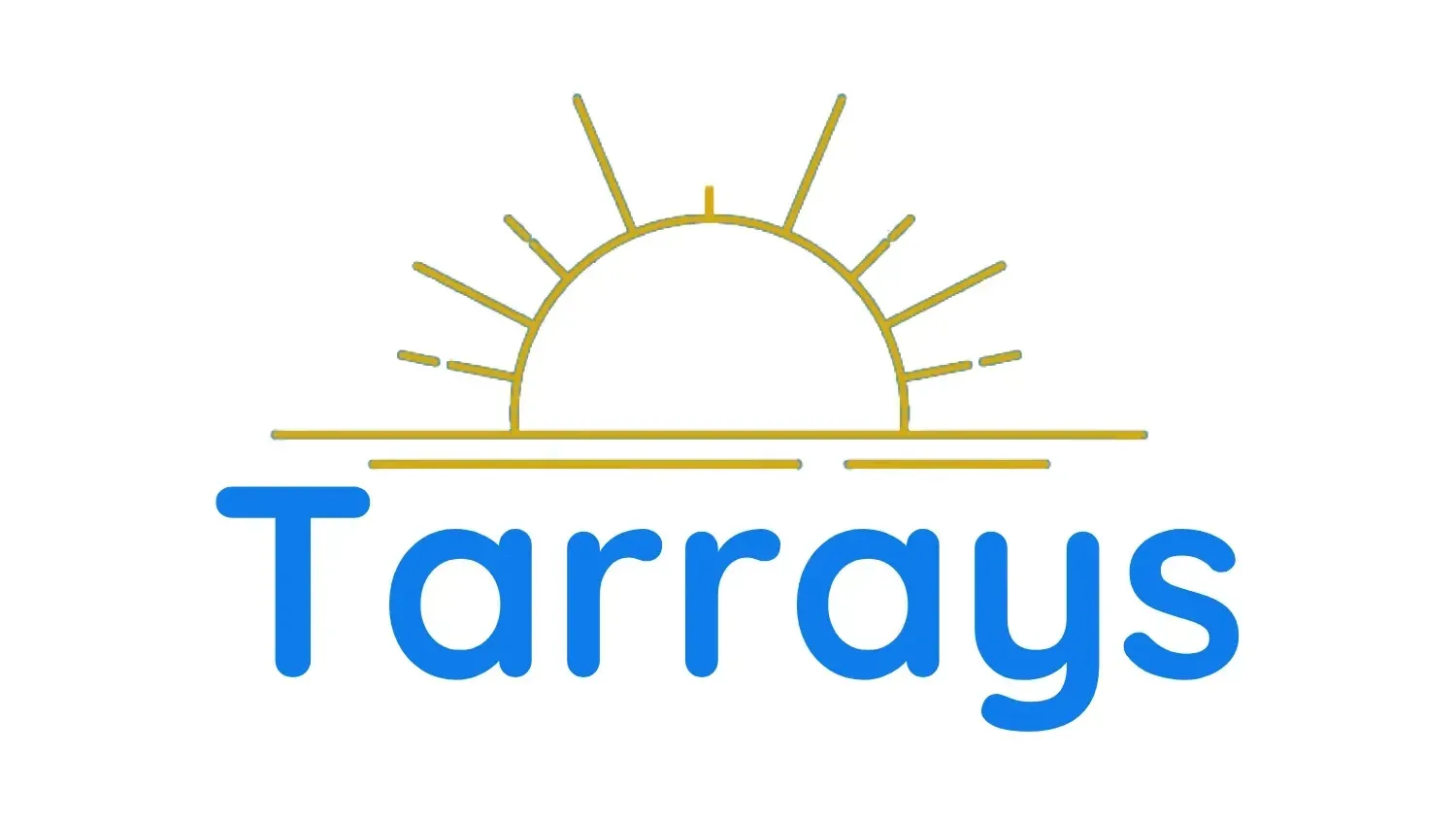Navigating workforce diversity: Inclusive recruitment strategies for disability, aged, and healthcare sectors
In today’s employment landscape, diversity and inclusion are no longer optional. They are essential for building stronger teams, improving service delivery, and meeting the needs of increasingly diverse communities. For organisations in the disability, aged care, and healthcare sectors, inclusive recruitment is more than just an HR initiative. It is a responsibility to ensure fair access to opportunities while creating workforces that reflect the people they serve.
At Tarrays, we recognise that inclusive recruitment strengthens both employers and candidates. By adopting intentional strategies focused on accessibility, cultural awareness, and equity, organisations can open doors to a broader pool of talent while enhancing outcomes for clients and patients.
Why diversity and inclusion matter in care sectors
Healthcare, disability support, and aged care organisations operate in environments where compassion, empathy, and cultural understanding directly affect the quality of service. A diverse workforce brings a wider range of skills, life experiences, and perspectives that allow teams to better serve individuals from different backgrounds.
Inclusion is equally important. Hiring employees from diverse groups without ensuring they feel supported can limit long-term success. Inclusive workplaces encourage retention, reduce turnover, and foster a sense of belonging. In care sectors where trust is central, this stability has a direct positive impact on service quality.
Building accessible recruitment processes
Accessibility begins long before the first interview. Recruitment campaigns should be designed so that candidates of all abilities can apply and engage with ease. Organisations can start by reviewing job descriptions to ensure they are free from unnecessary barriers. For example, does a role truly require a driver’s licence, or can the essential functions be performed without one?
Employers can also improve accessibility by:
- Ensuring application platforms are compatible with screen readers and assistive technology
- Providing interview questions in advance to candidates who may need additional preparation time
- Offering multiple ways to apply, such as online, phone, or in-person submissions
Tarrays works with clients to identify and remove these barriers, making recruitment campaigns more accessible and fair.
Partnering with diverse networks
One of the most effective ways to attract a broader range of candidates is to partner with community organisations and networks that support underrepresented groups. Disability advocacy groups, multicultural associations, and Indigenous employment programs can provide valuable connections to skilled professionals who may otherwise be overlooked.
By building strong relationships with these networks, employers demonstrate commitment to diversity while expanding their reach into talent pools that are often underutilised. At Tarrays, we actively collaborate with such networks to source candidates who bring unique skills and experiences into healthcare and support roles.
Training recruiters in cultural competency
Inclusive recruitment is not just about processes and policies. It requires recruiters and hiring managers to understand the lived experiences of candidates from diverse backgrounds. Training in cultural competency helps teams recognise unconscious bias, ask appropriate questions, and create interview environments that respect candidates’ identities.
For example, when recruiting in aged care, cultural awareness can ensure that staff are better prepared to support residents from migrant or Indigenous communities. In disability support, understanding language preferences and communication needs can be the difference between a candidate thriving or being overlooked.
Tarrays provides guidance to employers on embedding cultural competency into their hiring practices, ensuring that every candidate feels respected and valued.
Supporting candidates beyond hiring
True inclusion extends beyond the recruitment stage. Once diverse candidates are hired, ongoing support is vital to ensure they succeed in their roles. This may include:
- Flexible rostering for employees managing health conditions or caring responsibilities
- Mentorship programs that provide guidance and career development
- Policies that encourage open communication and feedback
By creating supportive environments, organisations not only retain diverse staff but also encourage them to grow into leadership roles. This, in turn, fosters a workplace culture where inclusion is embedded at every level.
The benefits of inclusive recruitment for employers
Employers who embrace inclusive recruitment see measurable benefits. These include:
- A wider and more reliable talent pool during times of workforce shortages
- Increased staff satisfaction and loyalty, leading to lower turnover
- Stronger connections with clients and communities through culturally aligned care
- Enhanced reputation as an employer of choice in competitive sectors
For industries such as disability support, aged care, and healthcare, these benefits translate directly into improved service outcomes and long-term organisational resilience.
How Tarrays supports inclusive recruitment
At Tarrays, we are committed to helping organisations build diverse and inclusive teams. Our recruitment strategies focus on accessibility, partnerships with diverse networks, and cultural awareness. We work closely with employers to identify barriers, connect with underrepresented candidates, and create inclusive processes that ensure fair opportunities for all.
Diversity and inclusion are not just ethical values. They are operational strengths that deliver real impact in people-focused industries. By navigating workforce diversity with intention, organisations can secure the best talent, improve client outcomes, and build workplaces where everyone feels they belong.












